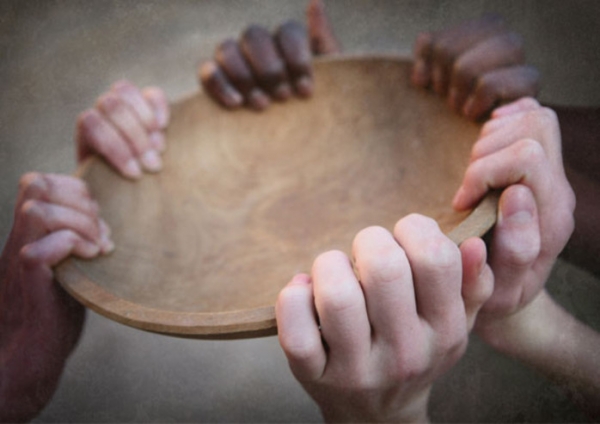INVITATION: E-discussion on Youth Migration, Equity & Inequalities in the Post-2015 Development Agenda

United Nations Secretary-General Ban Ki-moon has called the 21st Century the “age of mobility”. As the international community considers how to build on the Millennium Development Goals after the target date of 2015, it is clear that migration must be an integral part of the global development agenda. It is young people who will make the post-2015 world, and young migrants are among the most dynamic members of their generation. For many adolescents and youth migrationrepresents a route to a better life. Migration can enhance their human development as well as bringing tangible gains for the countries they move to and the ones they leave. However, young migrants also face considerable challenges. Without migration policies that have human rights and equity at their core, this potential will never be realized.
You are invited to join an online discussion on Youth Migration, Equity and Inequalities in the Post-2015 Development Agenda hosted by the UN and civil society partners to highlight and increase understanding of the potentially positive impacts that migration can have on young migrants, countries of origin and destination, and the policies required to achieve this as part of the post-2015 development agenda.
To participate, please visit the website www.worldwewant2015.org/migration and post your response in the discussion forum. The discussion begins on 19 September 2013 and runs for three weeks during the run-up to the second High-Level Dialogue on International Migration and Development in New York on 3-4 October 2013. Participation is encouraged by young people, members of civil society, academia, media, national and international non-governmental organizations, the private sector, governments and the UN system. This is your opportunity to share your experiences and recommendations for how migration can be an effective enabler of development and a positive experience for young people.
The discussion is a joint initiative between the UN and civil society, led by UNICEF, OHCHR, UN Women, UNESCO and ILO. It is part of the World Bank's Global Knowledge Partnership on Migration and Development (KNOMAD) work programme and is guided by several expert resource persons. Emerging recommendations will be presented at a High-Level Dialogue side event and will serve to inform the post-2015 and Sustainable Development Goals processes.
Discussion questions
Please respond to one or more of the questions below; some will be of interest to young people, while others are more relevant to policy makers. The questions are structured according to sustainable development's three dimensions and focus on ‘adolescents and youth’ (individuals aged 10-24, according to United Nations definitions). Additional questions will be posted as the discussion progresses.
1. Social:
- SOCIAL INCLUSION OF YOUNG MIGRANTS: How can governments be encouraged to ensure that all adolescents and youth have a chance to go to school and can access healthcare and other services, regardless of whether they, or their parents, are regular or irregular migrants?
- ADOLESCENTS AND YOUTH ‘LEFT BEHIND’: What are the difficulties faced by adolescents and youth remaining in countries of origin? How can they be addressed?
- TURNING HUMAN RIGHTS CHALLENGES FACED BY YOUNG MIGRANTS INTO OPPORTUNITIES: What are the main challenges faced by young migrants? What can governments and others do to protect them from human rights violations?
- YOUTH PARTICIPATION: How can adolescents and youth affected by migration participate in designing and implementing migration policy? What role can social media and ICT play?
2. Economic:
- YOUTH EMPLOYMENT: How can migration for work be a valuable experience for young people? How can governments support decent work for young people as part of the post-2015 development agenda?
3. Environmental:
- ENVIRONMENTAL CHANGE: How does environmental change, including climate change and natural disasters, affect youth migration?
Please register to participate here. The site is available in English, French and Spanish. Comments may be posted in any of the sixty languages supported by Google Translate. If you are unable to access the site, please email your response to: migration@worldwewant2015.org.

Facebook comments